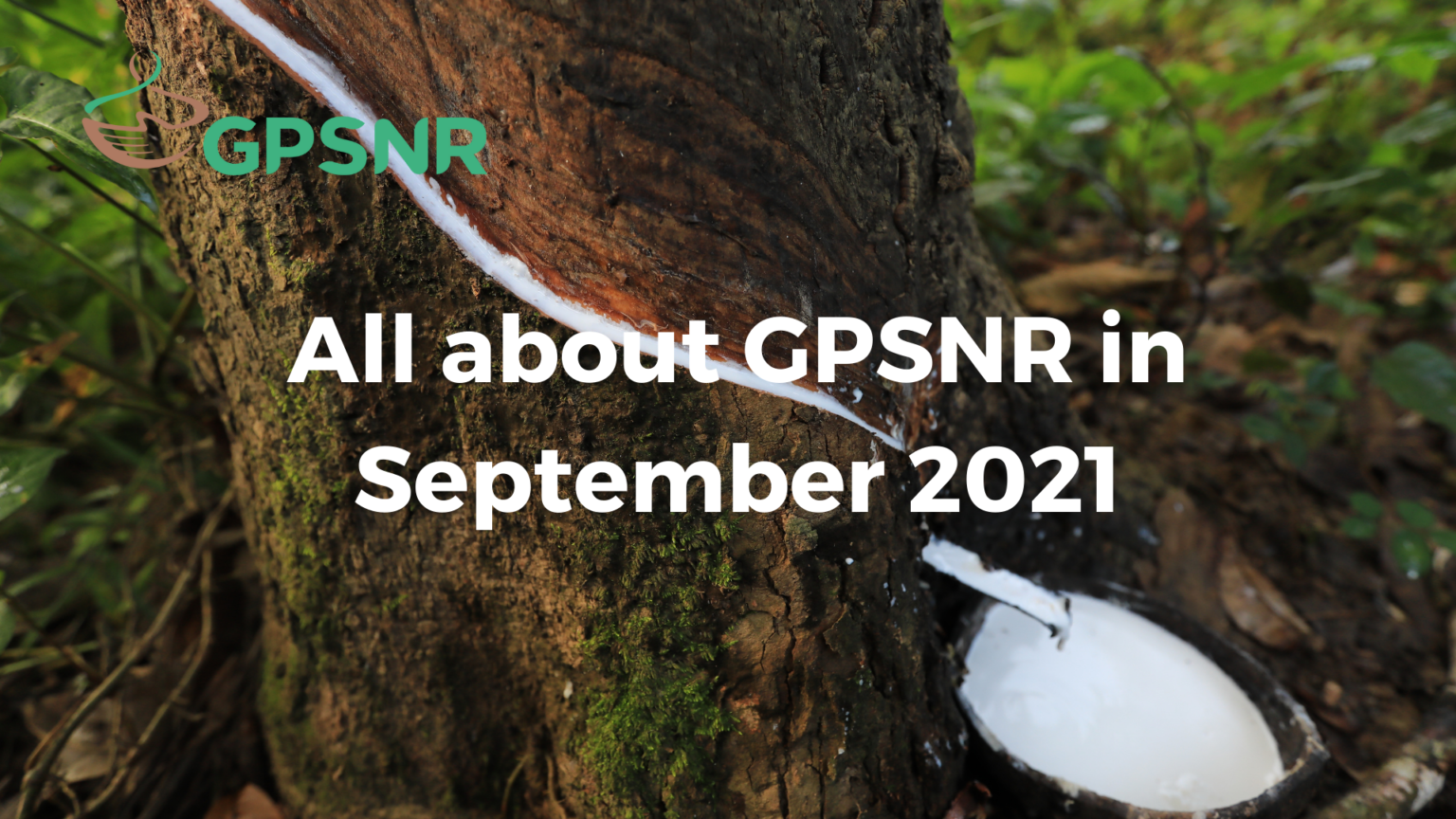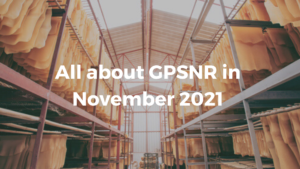What an interesting month has passed us by! As we step closer to the General Assembly of 2021, here’s what the working groups have on their plate:
Strategy and Objectives Working Group
After conducting 2 sessions of the Theory of Change (ToC) Workshop this month, the Strategy and Objectives working group will soon finalise the ToC document and potentially identify new strategies for GPSNR.
Smallholder Representation Working Group
After two successful smallholder onboarding workshops for smallholders from Indonesia and Cambodia, the working group is formally incorporating new smallholders from the two countries as GPSNR members. The group is also conducting onboarding workshops for India at the end of September and Sri Lanka and Thailand in October.
At the same time, they are developing workshops to onboard more smallholders from Vietnam, Thailand, Ivory Coast, and Ghana and organizing the third Smallholders International Call next month.
Policy Toolbox Working Group
As the General Assembly of 2021 comes closer, the group is continuing to develop the Implementation Guidance, Reporting Requirements and Compliance Panel Guidance.
Capacity Building Working Group
As they develop key deliverables and milestones for Thailand National Subgroup and the Agroforestry Task Force, the Capacity Building Working Group is also busy with the Good Agricultural Practices (GAP), a system to monitor impacts of capacity building activities and implementation plans for Ivory Coast and Indonesia.
Traceability and Transparency Working Group
This working group has developed a Traceability Benchmark to support member uptake of traceability and provided draft input and received feedback for Implementation Guidance on traceability. They are now working on finalising the draft and conducting member consultations on the Benchmark.
Shared Responsibility Working Group
The group is currently exploring and discussing detailed solutions to identified root causes for each focus area of shared responsibility. It is also drafting activities and a framework for Shared Responsibility for integration into other processes such as the Implementation Guidance.




